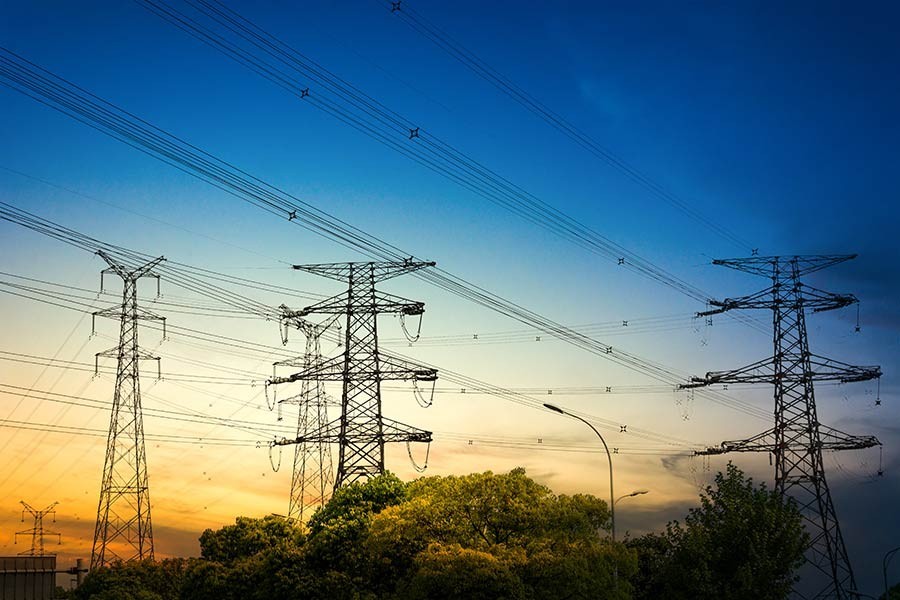Several officials of the Power Grid Company of Bangladesh will be sacked by Sunday for the recent grid failure that left tens of millions of people without power for several hours, Nasrul Hamid has said.
Speaking at a programme of bdnews24.com’s content partner Deutsche Welle Bangla on Friday night, the state minister for power, energy and mineral resources said the crippling blackout was the result of a “human error”, not a technical glitch.
He also claimed the power crisis would not have worsened had the grid disaster been prevented by some officials who did not pay heed to distributors’ call for caution.
Customers in Dhaka, Chattogram, Mymensingh and Sylhet divisions – more than half of Bangladesh – were without power for up to eight hours after the grid failed on Oct 4 afternoon.
The grid disaster came on top of recurring power cuts amid an energy crisis. The situation has worsened after the grid failure, with many areas suffering up to six blackouts daily – each one hour long.
While the investigation was ongoing, Nasrul had earlier said it appeared initially that the grid failure was caused by a “normal” technical glitch, but the government will look into other possible reasons as well.
Initial investigations suggested three circuits in Ashuganj, Sirajganj and Ghorashal tripped while transferring surplus power from the western zone to the eastern region of the national grid, snapping the line between the two zones, the state minister had said two days after the incident.
The snap created an imbalance between demand and production in the eastern zone, destabilising the grid with the system frequency dropping below the range. Finally, the grid failed as the power stations in the zone tripped.
But speaking at a talk-show of the German public broadcaster on Friday, he said, “The blackout occurred because the PGCB failed in its management.”
Dhaka Electric Supply Company, a distributor, has asked the PGCB to take measures to stabilise the grid as the demand was very high against the supply. “Finally the grid crashed because they [PGCB officials] did not pay heed. They continued [without care] and at one stage, the blackout occurred.”
“We’ve identified some people who did not listen to the advice [of DESCO]. We will sack them. We will take action by Sunday. It was a fault in the management, not something technical.”
Nasrul said the eastern zone of the national grid was still suffering a shortage of 500 MW electricity because of lines damaged during the blackout.
“We wouldn’t have to resort to shedding the load had we been able to bring 700 MW from the western zone.”


